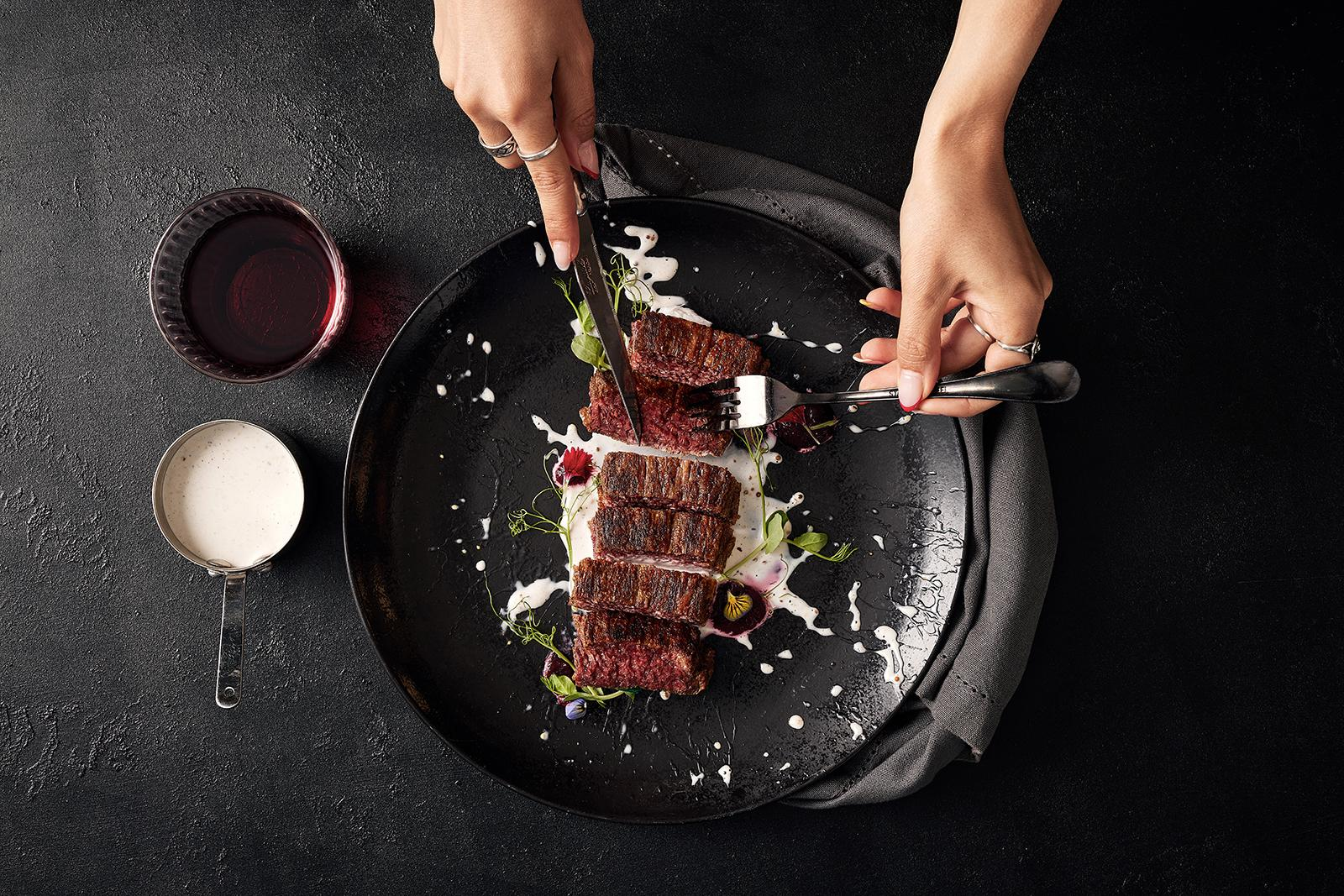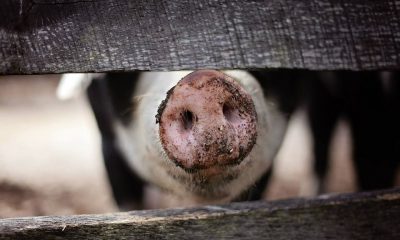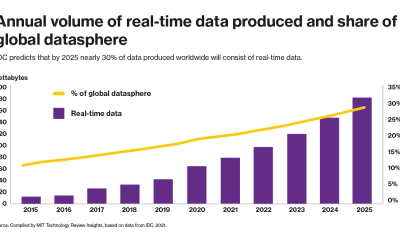The change from being a carnivore/omnivore to a vegetarian – or vegan – for some is a sudden ‘conversion.’ One moment they’re happily chomping away at a hamburger and the next moment they’ve seen the light and now lunch is organic kale. For others, it’s a gradual evolution rather than a radical revolution. An example of the former is UK chef Douglas McMaster, the founder of a zero-food-waste restaurant in Brighton. McMaster became a vegetarian in 2005 after watching Earthlings, a documentary narrated by actor Joaquin Phoenix, an animal-rights and vegan diet activist who is highly outspoken in his beliefs. McMaster told The Independent newspaper in 2017, “I started to question everything and found the film so disturbing. I did a little bit of digging and learned a few things: namely, humans are not meant to eat meat. We are frugivores designed to eat fruit, vegetables, seed, and nuts.” There are plenty of knowledgeable people who would take issue with McMaster’s notion that we were not designed to eat meat – but despite holding such strong views, McMaster is a chef at a restaurant that serves meat, which he notes, is “deeply engrained into fine dining cooking.” He also has other words of wisdom: “While I know eating meat is unjust, I also know that the world has its issues and, in my position, fanatical radicalism is not wise. Encouraging change requires strategy.”
What sort of strategy might be effective? Yelling “Meat is Murder” while showing videos of the horrors of slaughterhouses? –Well-tried failures. Pavel Kanja is on the “evolution” side of a change in diet. A chef at a fusion restaurant blending Japanese and Nordic cuisine in London, Kanja became a vegan while getting in shape for running in marathons. His restaurant also still sells meat. Kanja told the same newspaper that he likes meat but just doesn’t eat it, while noting that more vegetarian options are needed that don’t “make you cringe.” What if, he asks, “there was a new perspective that made [veggie options] desirable?” Well, that new perspective may have arrived. Meat-lovers interested in a new perspective should try some of the tasty meat options being made with 3D printing technology. Yes, this substance really exists and it’s unlike any meat substitute that’s come before it.
Veggie hotdogs, veggie burgers, veggie chicken nuggets – they’re all ‘good,’ but obviously not good enough to get most of the world to switch over permanently. People who enjoy the taste of meat – which includes the majority of the world’s population – want a texture, smell, and taste that even the most high-grade meat substitutes currently fail to provide. New meat — as it’s being dubbed — is a shift in perspective. It’s a high-tech, “give the people what they want” approach that, for the most part, shares the same goals as many animal rights activists or even radical vegans. But this roadmap to change rejects guilt trips, shame, or the denial of what so many agree on: meat tastes good. Only a stubborn minority reject the findings of scientists and medical experts that meat consumption – especially red meat – is increasingly being linked to health issues. Only the most ignorant fails to understand that the current way we raise animals isn’t ideal, to say the least. The evidence that the meat industry is unsustainable and damaging to the environment is overwhelming. But do we have to quit our addiction “cold turkey?” Perhaps not. New uses of technology mean the latest versions of meat substitutes are in a class by themselves. Taste tests in Israel have yielded almost shocking results. Initially told only that they would be trying a new meat, many people gave the products an over 90% score for ‘meatiness’ – after being told it wasn’t made from any animal.
Sudden enlightenments are powerful but rare. Reading a book such as Jonathan Safran Foer’s Eating Animals or watching a documentary such as The Cove can elicit strong emotional responses. There are no known studies on how fast someone totally changes their diet after deciding to become vegetarian or vegan. It’s a decent bet, however, that most people do not have a “Saul on the road to Tarsus” moment. Instead, they come to the idea of reducing their meat consumption incrementally. It’s counterproductive to rail against something as deeply a part of being human as eating meat. Instead, we need to expand the types of desirable plant-based foods that don’t make people “cringe.” New options that pay tribute to the tastes of the past, while moving us to the future.
















